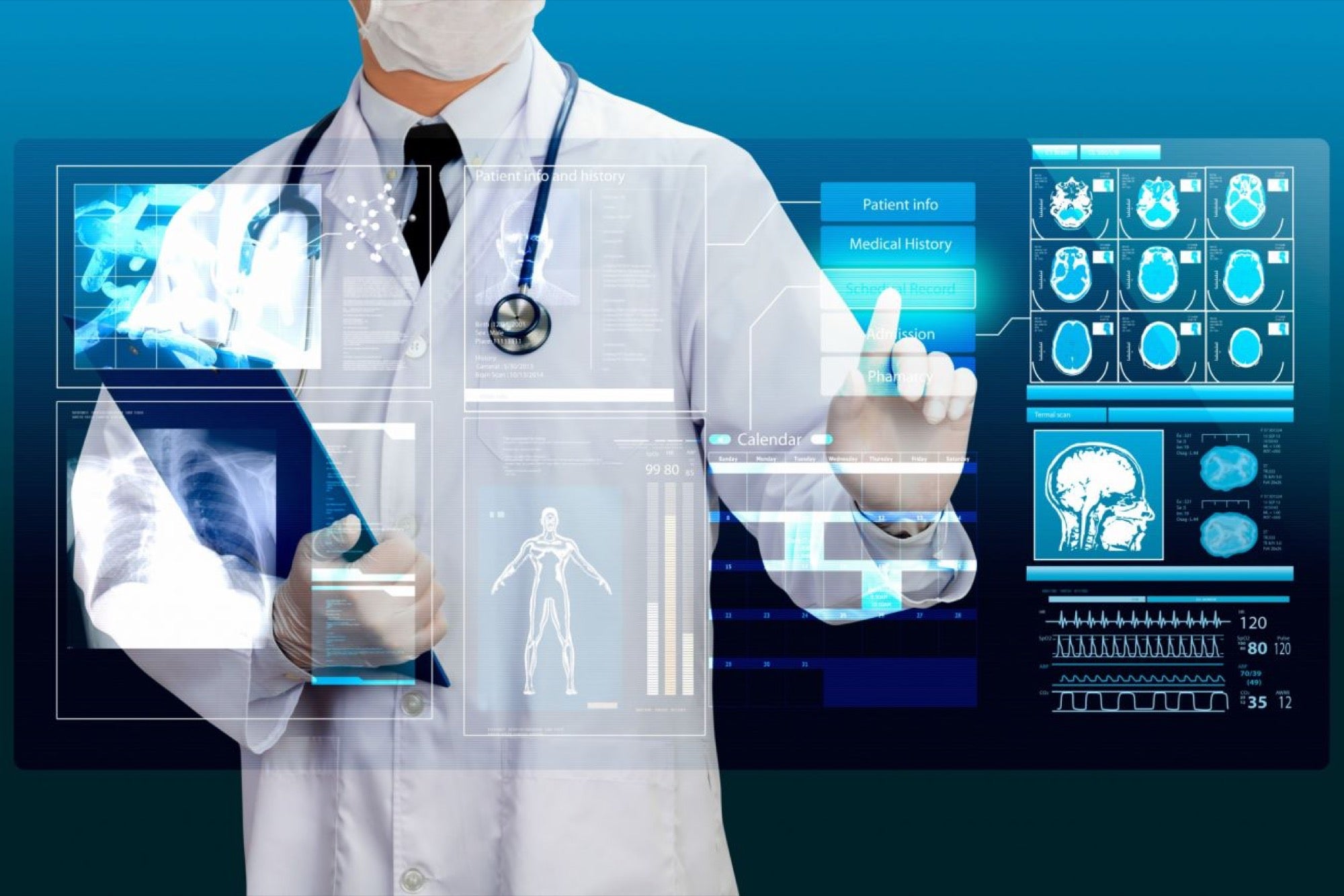Is Technology the Future of Healthcare Sector? The practice of medicine has become evidence-based as opposed to individual based
Opinions expressed by Entrepreneur contributors are their own.
You're reading Entrepreneur India, an international franchise of Entrepreneur Media.

In prehistoric and ancient times magic and religion played a large role in the origin and the cure of disease. Diseases were thought to be of supernatural origins such as a spell cast by an enemy, possession by a demon or a god who had been offended. The methods to treat such diseases varied. They included potions, counterspells, incantations, suction and trephining. So "doctors" then were either witch doctors or sorcerers.
Medicine and healthcare have come a long way since the ancient times. Some of the greatest discoveries in medicine have happened in the last one hundred years. The practice of medicine has become evidence-based as opposed to individual based. There are guidelines and protocols for almost every disease and problem in medicine. Medical or health technology has progressed rapidly thus enabling doctors to widen the boundaries of the scope and practice of medicine.
So what is Health Technology?
WHO defines health technology as the application of organised knowledge and skills in the form of devices, medicines, vaccines, procedures and systems developed to solve a health problem and improve quality of lives. It also recognises that "health technologies equips health-care providers with tools that are indispensable for effective and efficient prevention, diagnosis, treatment and rehabilitation and attainment of internationally agreed health-related development goals, including those contained in the Millennium Declaration".
So what are the examples of Health Technology as applied to day to day medicine?
This could for example range from something as simple as a medical examination to preventive immunisation, contraceptives, imaging procedures such as ultrasonography, MRI, angiogram, angioplasty and laparoscopic surgery, to more complex procedures such as joint replacement, organ transplantation, life-sustaining technologies for critically or terminally ill patients and more recently, genetic testing, genetic therapy, and stem cell research.
The other devices that have changed the way medicine is practised include electronic health records as opposed to paper records, use of smartphones, tablets and applications, telemonitoring and video conferencing, GPS trackers for disabled and sufferers of Alzheimer's.
India is a country of diversities - diverse geographies and terrains and populations, stark socio-economic divides and crippling inequality in access to health care.
Under these circumstances what are the health technologies that could be useful for the vast majority of Indians that cannot afford healthcare nor access them?
Telemedicine is one such modality that can connect patients, clinics and hospitals in remote areas (who may not have access to specialist care) to centres of excellence. For example, X-rays, ECGs, ultrasound images, pathology slides etc can be transmitted to these centres, which can then give an opinion. Video conferencing is another important way in which patients and doctors can engage live with a specialist centre to seek live diagnoses and advice. There are examples of doctors in remote areas being guided successfully through surgeries since the time taken to transfer the patient to a specialist centre would have further worsened the condition of the patient.
On another dimension, telecommunication has helped set up digital libraries that provide easy online access to medical journals and books thus putting medical knowledge just a "click" away. This is in direct contrast to a non-digital era when print was the only method of accessing data and knowledge.
The advantage of telemedicine, especially for a country like India where health care in some areas is either non-existent or accessed with difficulty, is enormous. It has the potential to improve health outcomes by an early diagnosis, allow access to specialist care, reduce the manpower needed to run healthcare (it well known that the doctor-patient ratio in India is less than 1 per thousand population) and reduce the cost of hospital stays by monitoring patients at home. The disadvantages include cost and availability. Smaller hospitals and clinics may not be able to afford this facility. It takes away the personal touch from the consultation which a lot of patients find vital to their healing process. Telemedicine cannot diagnose all conditions via video conferencing and may require a face to face consultation.
These are exciting times in the field of medicine with an abundance of technology and innovative procedures available to doctors and hospitals. And because of the several choices available in the market, an easy mistake to make is to invest in costly technology without adequate forethought on its usefulness in the long term. In order to prevent this the WHO mandates that there should be rigorous policies in place. This is known as health technology assessment (HTA).
Health technology has in many ways revolutionised the way in which medicine is practised. It has made accessible what was once inaccessible to large sections of the world. However like all other fields in technology also, the pros and cons should be carefully considered before embracing it wholeheartedly. It should also be remembered that the art of medicine lies in treating the patient as a whole. Ancient physicians exemplified this by treating both the body and the soul. And despite all the advances in medicine, it must never be forgotten that medicine is both a science and an art. A science which brings the very latest to mankind and an art that still considers the patient as a body and a soul.










